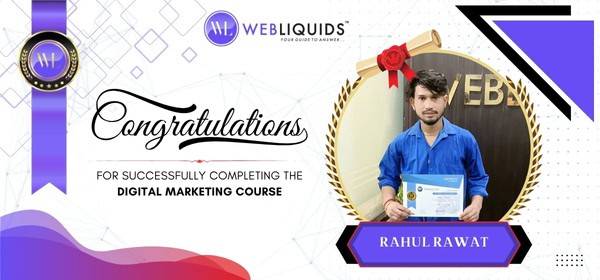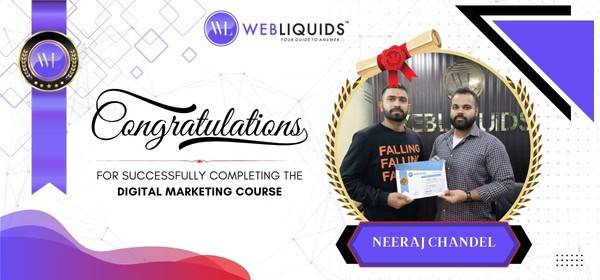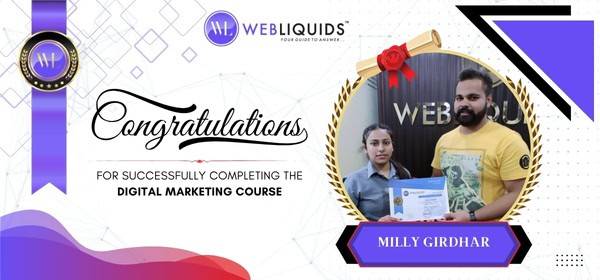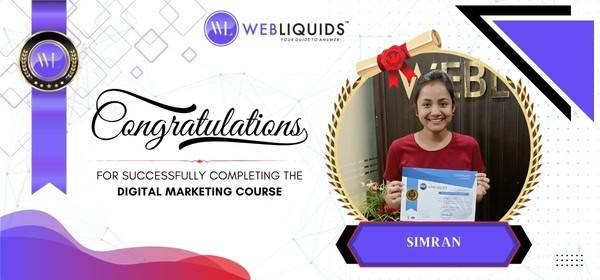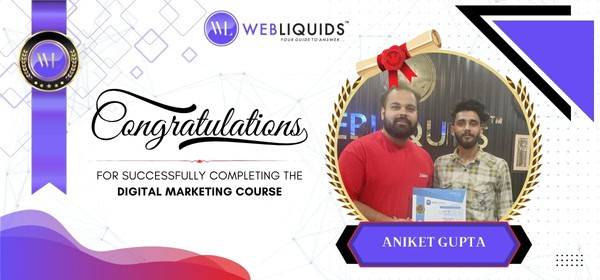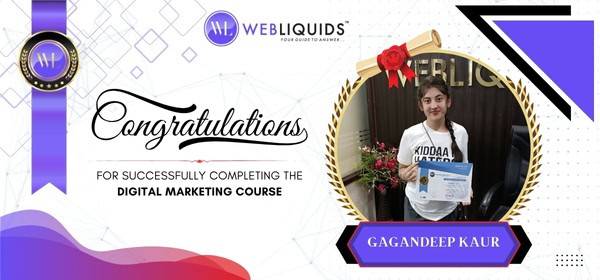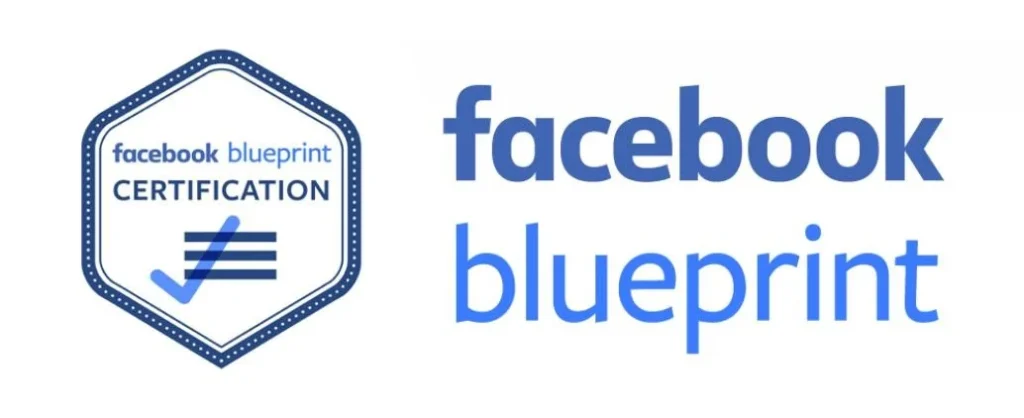SEO Digital Marketing: The Complete Guide to Ranking Higher, Driving Traffic, and Growing Your Business
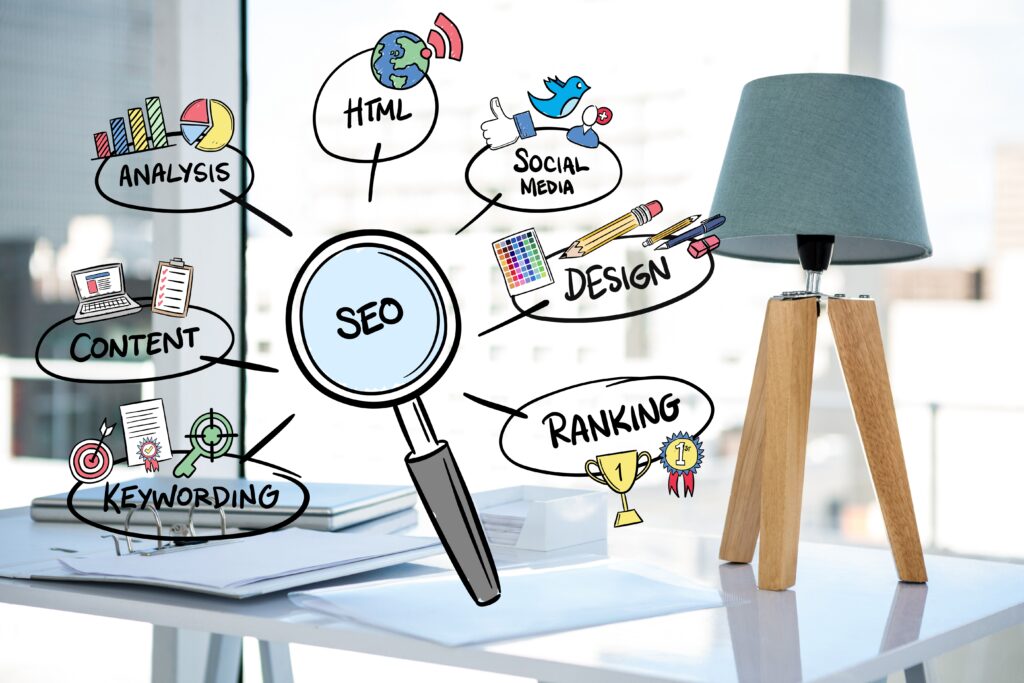
SEO Digital Marketing: The Complete Guide to Ranking Higher, Driving Traffic, and Growing Your Business
In the evolving world of online business, visibility is everything. No matter how exceptional your product or service is, customers cannot engage with it if they cannot find it. This is where SEO Digital Marketing becomes a powerful tool for business growth. Combining Search Engine Optimization (SEO) with broader digital marketing strategies allows companies to reach the right audience, improve credibility, and drive consistent, organic traffic.
SEO is one of the most effective long-term digital marketing strategies, helping brands outperform competitors and dominate search engine rankings. This blog explains what SEO Digital Marketing is, why it matters, key techniques, benefits, and how businesses can use it to achieve sustainable growth.
What Is SEO Digital Marketing?
SEO Digital Marketing refers to the process of optimizing your website and online content so it ranks higher on search engines like Google. Higher rankings lead to more visibility, more website visitors, and ultimately more customers.
SEO is not just about keywords—it includes content quality, website structure, loading speed, backlinks, user experience, mobile optimization, and much more.
Digital marketing, on the other hand, includes all online strategies such as:
- Social media marketing
- Email marketing
- Paid ads
- Content marketing
- Branding
- Analytics
When SEO is combined with digital marketing, the result is a powerful approach that boosts brand visibility, increases organic traffic, and enhances overall digital presence.
Why SEO Is Essential in Digital Marketing
While digital marketing includes many channels, SEO remains one of the most important due to its long-term impact.
1. Organic Traffic Is Free and Sustainable
SEO helps you attract customers without paying for every click or impression, unlike paid advertising.
2. Builds Trust and Credibility
Websites that rank on the first page of Google are viewed as more trustworthy and reliable.
3. Long-Term Results
Paid ads stop producing results when the budget ends, but SEO continues to deliver traffic for months or years with consistent optimization.
4. Higher ROI Than Most Marketing Channels
SEO offers a higher return on investment because it attracts high-intent users actively searching for your products or services.
5. Essential for Every Industry
From local businesses and e-commerce stores to SaaS startups and service providers, SEO helps every type of business grow online.
How SEO Works in Digital Marketing
SEO includes several processes and techniques. Below are the main pillars that make SEO effective.
1. Keyword Research
This is the heart of SEO.
Keyword research helps you discover:
- What your audience is searching for
- Search volume
- Competition level
- Search intent
Tools like Google Keyword Planner, SEMrush, and Ahrefs help identify profitable keywords.
Types of keywords:
- Short-tail keywords (e.g., “digital marketing”)
- Long-tail keywords (e.g., “affordable digital marketing services for startups”)
- Local keywords (e.g., “digital marketing agency near me”)
Long-tail keywords are more specific, less competitive, and often convert better—ideal for small businesses.
2. On-Page SEO
This involves optimizing elements within your website.
Key components:
- Title tags
- Meta descriptions
- Header tags (H1, H2, H3)
- Keyword placement
- Image optimization
- Internal linking
- URL structure
- High-quality content
A properly optimized page becomes more visible and relevant to search engines.
3. Off-Page SEO
Off-page SEO focuses on building credibility and authority through external sources.
The most important factor:
Backlinks
These are links pointing to your website from other reputable sites.
Other off-page SEO techniques include:
- Guest blogging
- Directory submissions
- Social sharing
- Brand mentions
- Influencer outreach
Strong off-page SEO boosts your domain authority and helps you rank higher.
4. Technical SEO
Technical SEO ensures your website meets search engine standards.
Key areas include:
- Mobile friendliness
- Fast loading speed
- XML sitemaps
- HTTPS security
- Structured data
- Crawlability
- Fixing broken links
A technically optimized website improves user experience and ranking performance.
5. Content Marketing
Content is the backbone of SEO Digital Marketing.
Effective content includes:
- Blog posts
- How-to guides
- Tutorials
- Product reviews
- Videos
- Infographics
- Case studies
Good content:
- Educates your audience
- Builds trust
- Keeps users on your site longer
- Helps generate backlinks
Search engines reward websites that produce valuable, informative, and high-quality content.
6. Local SEO
Local SEO is essential for small and local businesses such as restaurants, salons, clinics, plumbers, electricians, real estate agents, and retail stores.
Key components:
- Google Business Profile optimization
- Local keywords
- Customer reviews
- Local citations
- NAP consistency (Name, Address, Phone Number)
Local SEO helps businesses appear in Google’s local search results and maps—bringing more customers.
SEO vs. Digital Marketing: How They Work Together
Many people think SEO and digital marketing are separate. In reality, SEO is a major part of digital marketing.
Digital marketing channels:
- SEO
- Social media marketing
- PPC advertising
- Email marketing
- Content creation
- Influencer marketing
SEO enhances digital marketing by:
- Increasing visibility
- Driving organic traffic
- Improving website performance
- Supporting content marketing strategies
- Boosting conversions
When combined with digital marketing, SEO becomes even more effective in generating leads and long-term success.
Benefits of SEO Digital Marketing
SEO offers many advantages that make it essential for modern businesses.
1. Increased Organic Traffic
More visibility = more clicks = more sales opportunities.
2. Better User Experience
SEO improves website speed, navigation, and design.
3. Higher Brand Awareness
Ranking at the top of Google helps customers remember your brand.
4. Lower Advertising Costs
Businesses can reduce PPC spending as organic traffic grows.
5. Competitive Advantage
SEO helps you outrank competitors in your industry.
6. Higher Conversion Rates
Users who find you through search are more likely to buy.
Who Needs SEO Digital Marketing?
SEO is essential for:
- Startups
- Small businesses
- E-commerce stores
- Local businesses
- Service providers
- Coaches & consultants
- Real estate agents
- Restaurants & cafés
- Healthcare professionals
- SaaS companies
If your business depends on online visibility, SEO is crucial.
Common SEO Mistakes Businesses Make
Many businesses struggle with SEO because they make avoidable mistakes:
- Using the wrong keywords
- Publishing low-quality content
- Ignoring mobile optimization
- Not fixing technical issues
- Expecting overnight results
- Not tracking performance
- Overusing keywords (keyword stuffing)
- Neglecting backlinks
Avoiding these mistakes leads to better rankings and improved performance.
The Future of SEO Digital Marketing
SEO continues to evolve with technology and user behavior.
Future trends include:
- AI-driven search results
- Voice search optimization
- Video SEO
- Mobile-first indexing
- Zero-click searches
- E-E-A-T (Expertise, Experience, Authoritativeness, Trustworthiness)
- Personalized search results
Businesses that adopt these trends early will stay ahead of the competition.
Conclusion: SEO Digital Marketing Is the Key to Online Success
SEO Digital Marketing is one of the most powerful strategies for building a strong online presence, increasing visibility, and attracting customers. Whether you’re a startup, small business, or established company, SEO provides long-term benefits that support sustainable growth.
By implementing keyword research, on-page optimization, backlinks, content marketing, and technical improvements, businesses can reach the top of search results and outperform competitors.
If you want long-term, cost-effective, and impactful results, SEO Digital Marketing is the solution.
FAQs:
1. What is SEO in digital marketing?
SEO (Search Engine Optimization) is the process of optimizing your website to improve visibility on search engines like Google. It includes keyword research, content optimization, technical improvements, backlinks, and user experience enhancements to help your website rank higher and attract organic traffic.
2. What is the difference between SEO and SEM?
SEO focuses on organic traffic, while SEM (Search Engine Marketing) uses paid ads like Google Ads.
SEO is long-term; SEM gives quick visibility. Many businesses use both together.
3. Do small businesses need SEO?
Absolutely. SEO helps small businesses compete with larger brands by appearing in local searches and attracting customers who are ready to buy.
4. Can I do SEO myself?
Yes, basic SEO can be done by yourself. However, competitive industries usually require professional SEO experts for better results, especially for technical issues, content strategy, and link-building.
5. Does SEO require regular maintenance?
Yes. Google updates its algorithms frequently, competitors continue optimizing, and search trends change. SEO requires consistent improvement and content updates to maintain rankings.
6. What are backlinks and why do they matter?
Backlinks are links from other websites pointing to yours. They signal trust and authority to Google. High-quality backlinks improve rankings and drive referral traffic.
7. Can SEO help increase sales?
Definitely. SEO attracts users who are actively searching for solutions. This makes them more likely to convert into leads or customers.
Ready to Master Digital Marketing? Sign Up Today!
Inspiring Job Placement Success Stories

Our Achievers Ready to Lead the Industry
